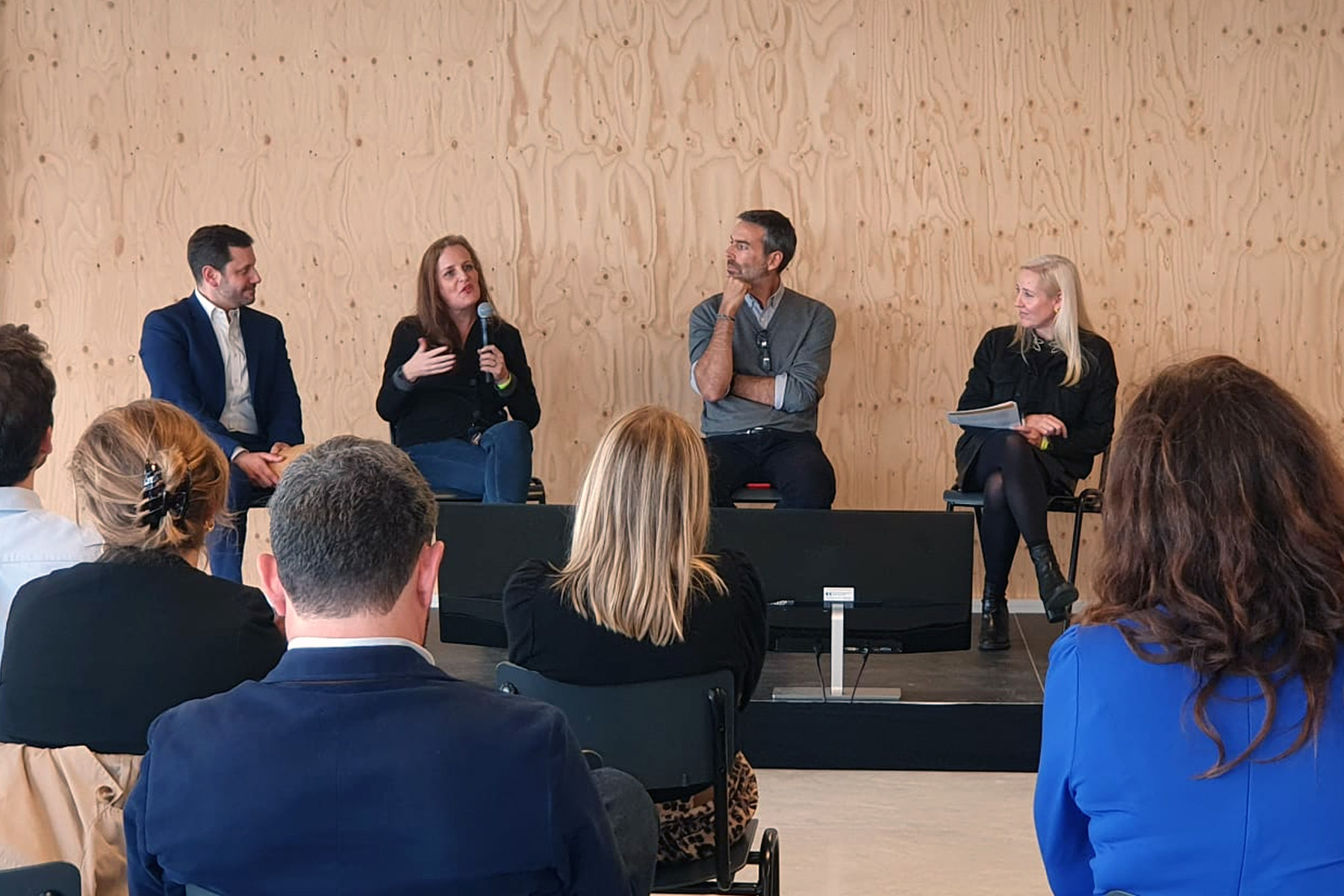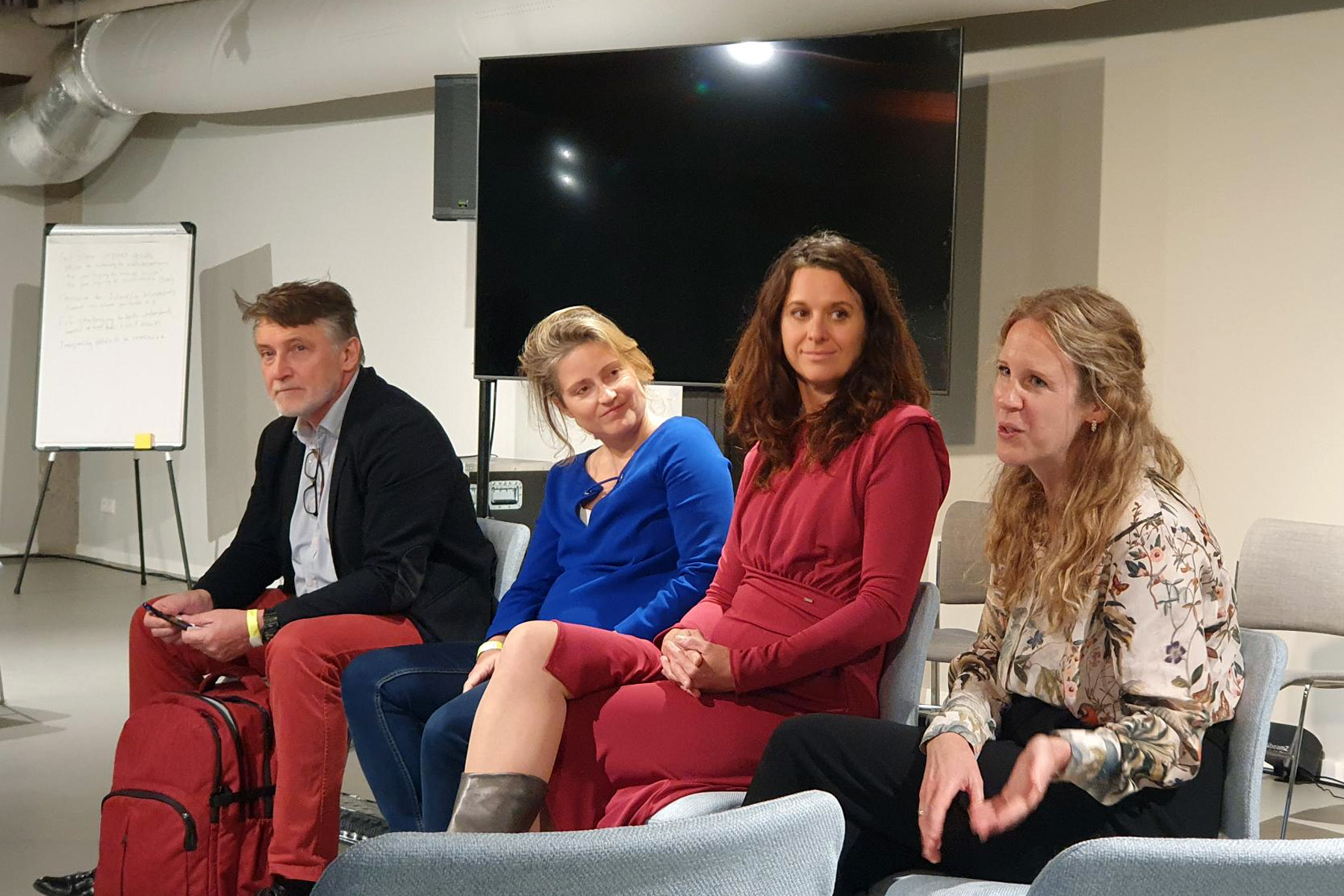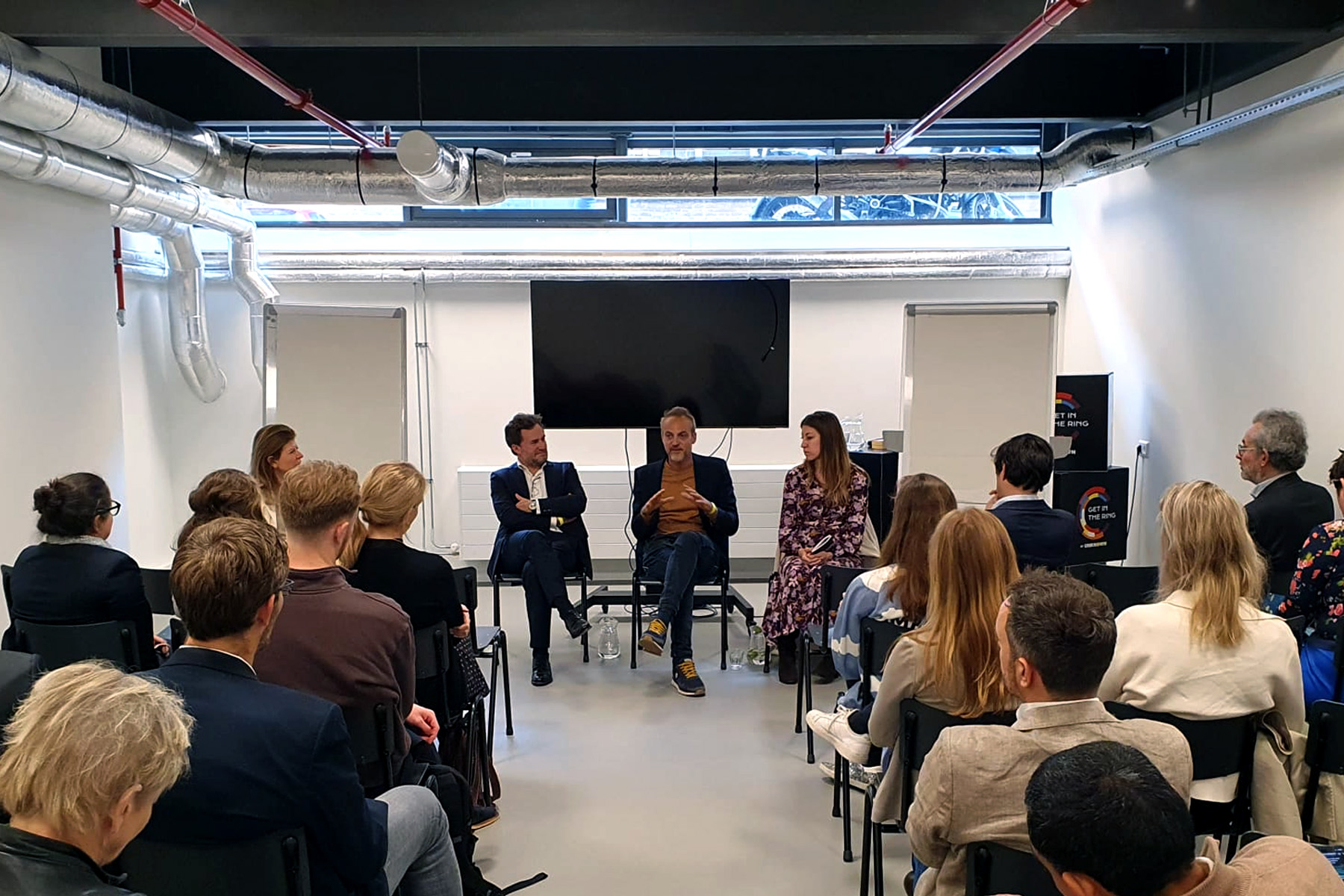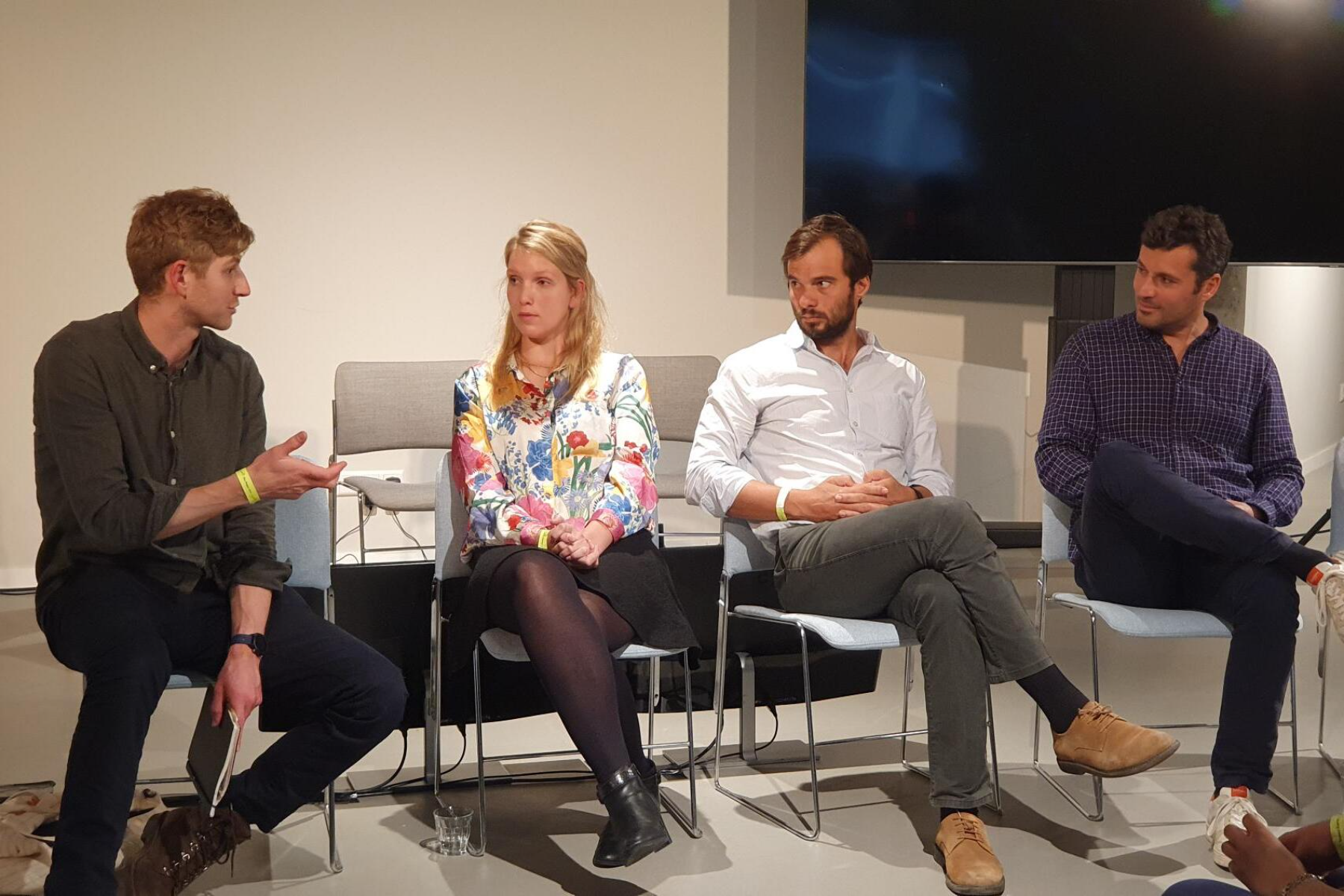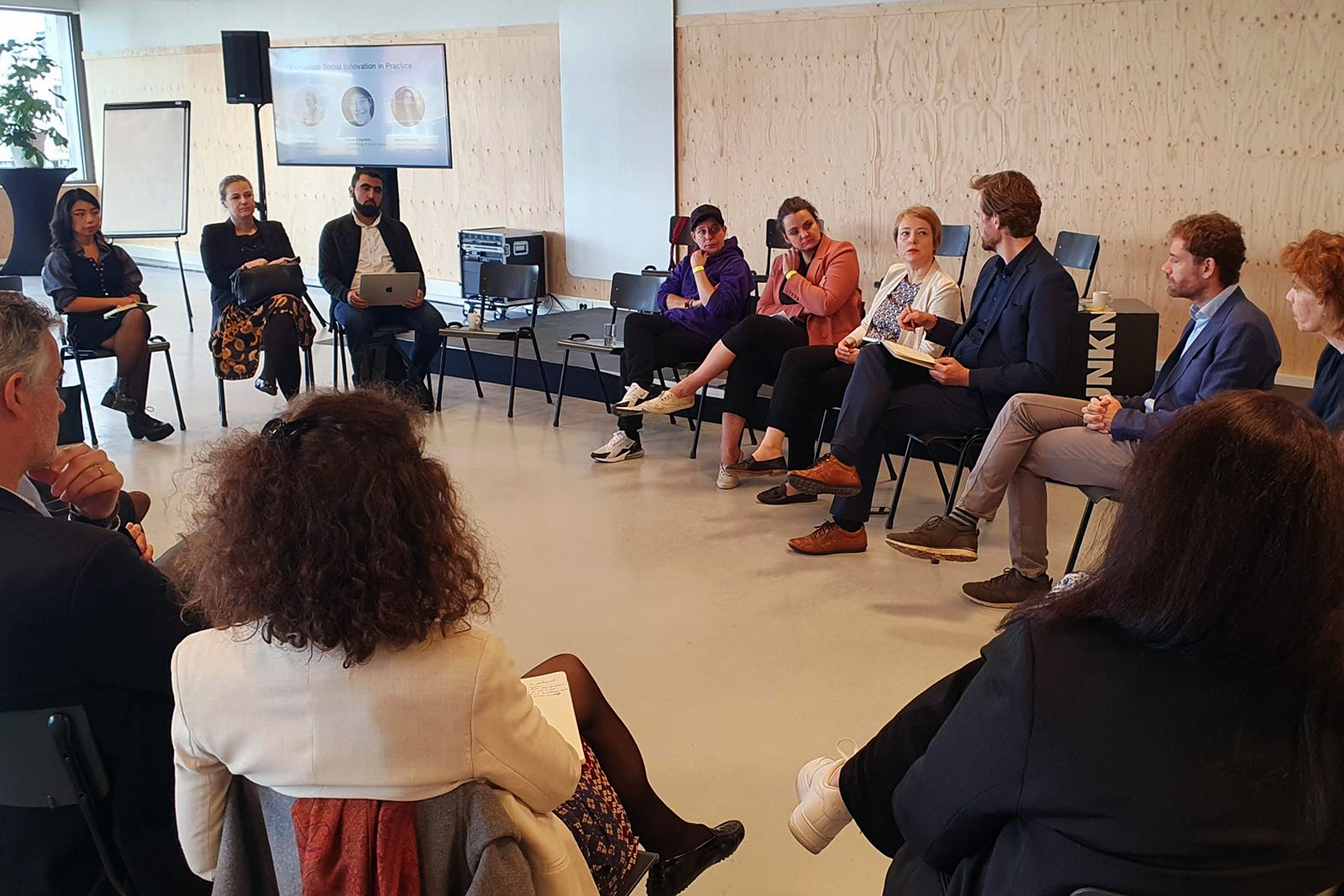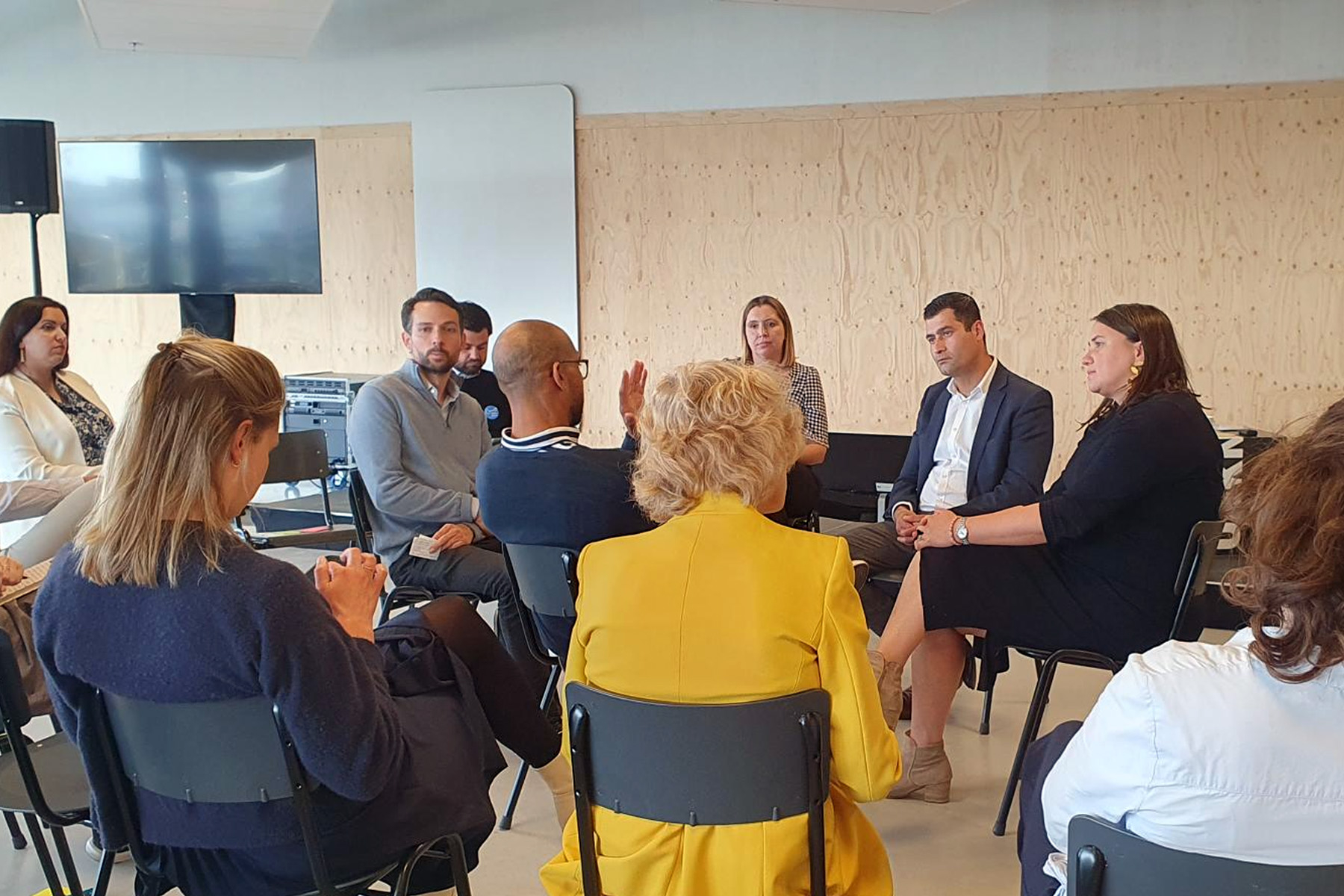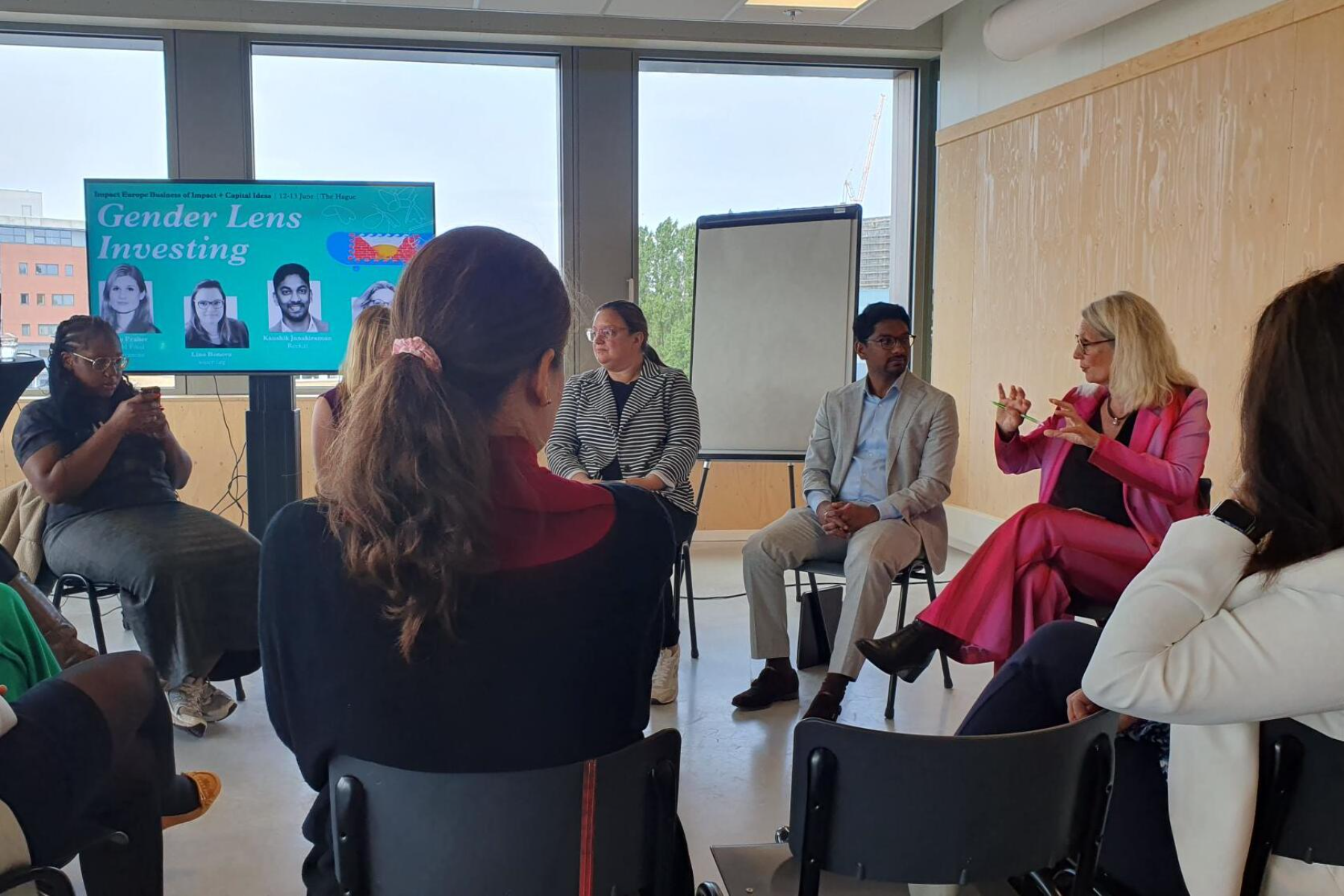Social innovation as a driver for strategic transformation
From our series Back to Business
Following 2023's Business of Impact in Venice, leaders of the event's breakthrough sessions share key takeaways and insights for the impact community.
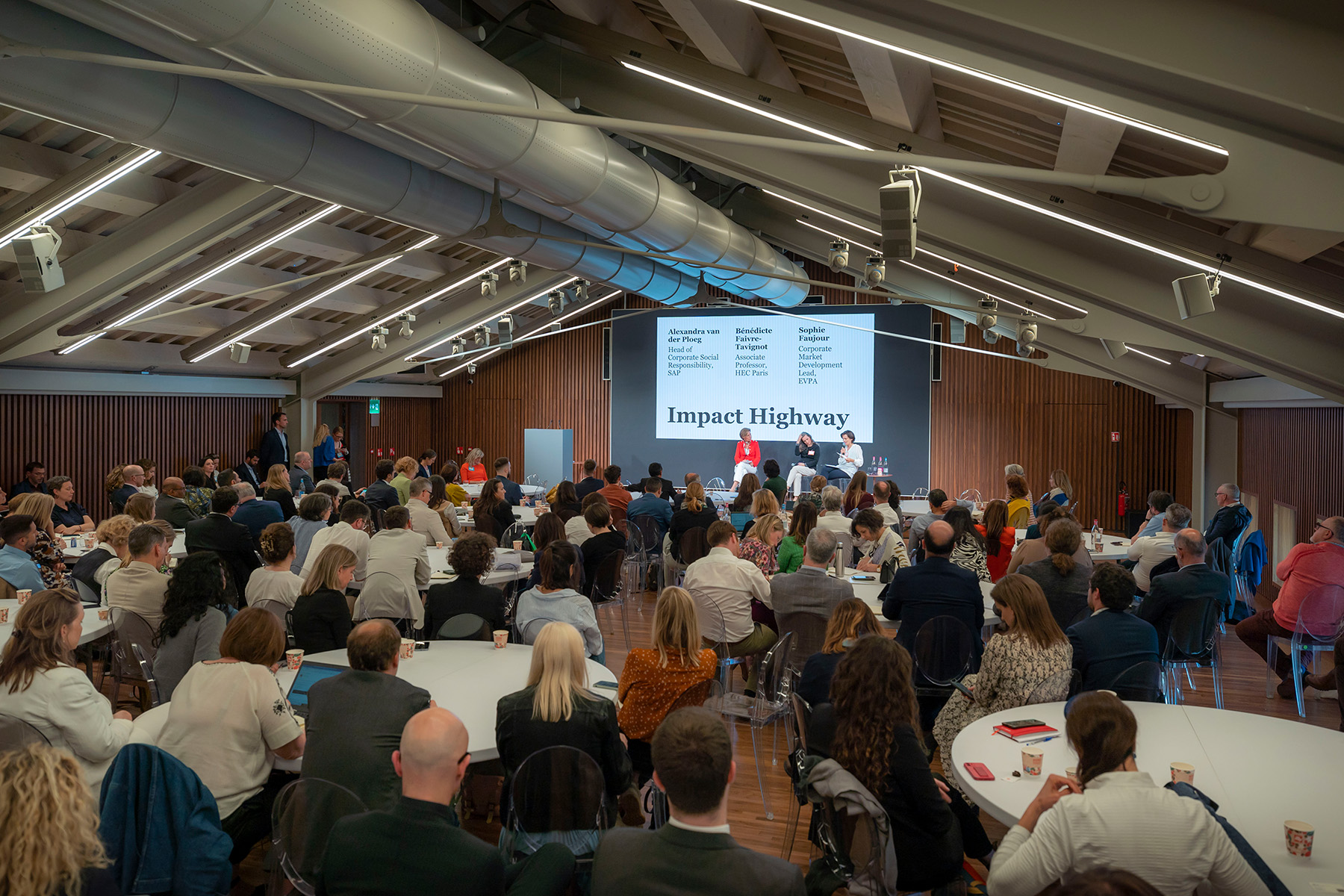
The increasing inequalities, exacerbated by the multiple ongoing crises (pandemic, war, inflation, ongoing climate change), tend to fracture our society. They generate social anger and a rise in populism. In reality, they can only have a negative impact on the economy as well.
This is why a growing number of companies are concerned about these issues, as demonstrated by various collectives of large French or G7 companies that have emerged in recent years, especially since late 2018.
The development of regulations at the European level, such as the duty of vigilance (inspired by the French law, requiring large French companies to publish annual vigilance plans on the impacts of their activities), is also seen as an acceleration of the pressures on companies regarding the management of the value chain. Human rights and decent work issues are currently gaining importance on companies' agendas.
Regarding the most engaged and insightful leaders, they also understand that the necessary ecological transition cannot happen without a social transition. The "yellow vest" movement demonstrated this in the case of France. A just transition becomes a major issue.
The social role of the company and the place of the "S" (Social) in ESG (Environmental, Social, and Governance) strategies of companies and their key stakeholders were studied in HEC Paris’s special issue: Addressing the S-demands of ESG.
When it comes to large companies, foundations, and impact investment funds created by several companies, they are potentially effective and powerful levers for addressing these social issues. However, there are a few conditions to consider:
1. Resource conditions: One can question whether the resources invested by companies are commensurate with their profits and the issues at hand.
2. Alignment conditions with the company's core business: Are the strategic resources and competencies of the company valued in these social innovation actions? This is referred to as ‘strategic philanthropy’.
These questions were debated in the remarkable event organized by EVPA in Venice in mid-May 2023. Another important question extensively discussed was the transformation of the companies themselves. Are these foundations and impact investment funds truly laboratories of social innovation? Do they also become transformational levers for their own companies? The main challenge often lies within the mainstream business: to what extent do these social innovation initiatives contribute to creating more inclusive firms, that are more respectful of human rights, more attentive to the most vulnerable and at least concerned with not exacerbating inequalities?
We addressed these topics in a book called "Social Business, Base of the Pyramid: Strategic Renewal of the Company." The book thoroughly analysed the obstacles and levers of business transformation, with a particular focus on the company's "human resource management" policy. Is this policy aligned with the strategic intention for transformation (if there is a strategic intention, shared by the leaders)? This alignment is reflected in recruitment processes, competency frameworks, training policies, etc. Or does the company consider these issues as secondary?
Another significant obstacle or lever the book discusses is the organisation, especially linked to exploration processes. How are innovations protected until they reach a good level of profitability? How can the accumulated learnings from these social innovations, when they prove to be strategic for the company, be disseminated to all business units? And. ultimately, how can the company's culture be transformed to be more inclusive and sustainable?
Companies operate in a rapidly changing world with numerous challenges; they must reinvent themselves to continue to thrive. We argue that social innovation, the "S" in ESG, is a powerful lever for this reinvention and regeneration.
Benedicte Faivre Tavignot is associate professor in strategy at HEC Paris and Co-founder of the Society & Organizations Institute and of the Inclusive Economy Center.

